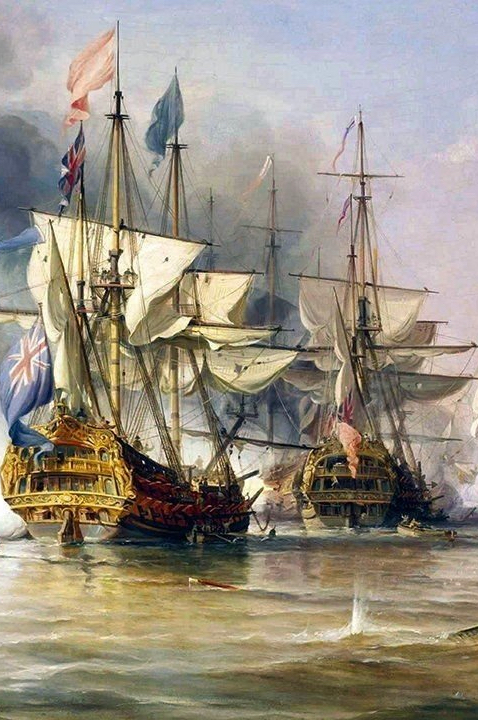
Message in a Bottle
December 2, 2021 | The Economist
It sounds more like a bad visit to the otolaryngologist than an important conflict between empires. The incident that gave the War of Jenkins’ Ear its name occurred in 1731, when a Spanish coastguard commander mutilated the captain of a British privateer suspected of smuggling in the Caribbean. Jenkins’ severed appendage was preserved in a bottle and presented to King George II of Britain as proof of Spanish barbarity. The ensuing conflict lasted from 1739 to 1742.
Yet as Robert Gaudi writes in his new history, the war’s causes went beyond a single outrage. Tension had simmered over a dispute about fees for Britain’s contract to provide slaves to the Spanish colonies. British ships ran contraband to and from the West Indies in defiance of bilateral agreements. And then there was the strange case of the Italian castrato opera star, whom King Felipe V of Spain whisked from London and made his personal divo in Madrid. One journal summed up the sentiment in Britain: “What are the taking of a few Ships, and the cutting off the Ears of the Masters of our Merchantmen, to the loss of our dear, dear Farinello?”
The war proved disastrous for Britain. It assembled an armada and intended to invade the Spanish ports at Cartagena (now in Colombia), and Santiago, Cuba. The Cartagena operation was a fiasco, bogged down by tropical weather, mosquito-borne disease and indecisive leadership. Bad planning and squabbling commanders meant that the Santiago campaign was over before it could even begin. Spain suffered defeats of its own, failing to take Georgia in the North American colonies. Led by James Oglethorpe, the British joined Native Americans and used ambushes to repel the larger Spanish force.
Among the engagements at sea was an action at Porto Bello, Panama, which yielded one of Britain’s few victories. Mr Gaudi, though, is less interested in the detailed narration of naval fracases than in sketching some of the vivid characters who fought them. The British succeeded at Porto Bello largely because of Admiral Edward Vernon, “boisterous and bellicose,” who became an instant national hero. (The song “Rule, Britannia!” was written in the afterglow of his achievement.) On the Spanish side was the pugnacious Don Blas, famous after an earlier incident in which, when he was only 15, his leg was amputated in the heat of battle.
Why does this forgotten war matter now? For two reasons, suggests Mr Gaudi. First, a different result could have changed the fate of North America. Had the Spanish invasion of Georgia succeeded, he speculates, Spain and not Britain might have become the dominant imperial force on the continent. Second, the war nurtured the resentment of Britain that ultimately led to the American revolution. The British recruited 3,000 Americans to fight in the Cartagena campaign, but held them back from the vanguard out of mistrust and fear of desertion.
The most heroic moment in the war came at the end, and softened the sting of Britain’s dismal showing. In an effort to attack Spanish possessions from the west, Britain had sent a fleet across the Pacific in 1740. Of the 1,600 men who set out, only 188 survived. But the flagship, Centurion, engaged and captured one of the fabled “Manila galleons” near the Philippines in June 1743. The prize was said to be so loaded with gold and gems that it took 32 wagons to unload it on the docks of London. That was some consolation for the king.